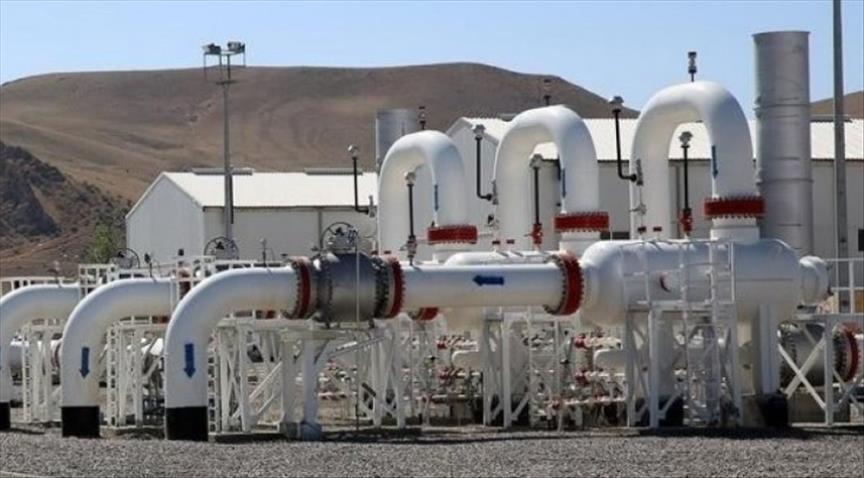Major energy companies have been relinquishing their shale gas exploration in Europe signaling a collapse in the hope for shale development in Europe.
Last week, Chevron relinquished its interests in shale gas concessions in Romania as a 2015 strategy. Previously, the company also halted its shale gas explorations in Poland. Both countries are predicted to have rich shale gas reserves. In addition to Chevron, ExxonMobil, Talisman, Marathon, ENI, Sorgenia and 3Legs have been leaving their shale gas exploration fields in Poland since 2013. Exploration companies San Leon and BNK have also relinquished their less profitable fields. As a result, the number of shale concessions has dropped by more than a half since 2013 in Poland.
Romania became the last European country that Chevron decided to exit, after Lithuania in July 2014, Ukraine in December 2014 and Poland in January 2015.
"That indicates a collapse of hopes for regional shale gas development for a number of different reasons which are underwhelming geological results in some countries, regulatory and fiscal uncertainty, strong public opposition or high geopolitical risk in others," Eugenia Gusilov, director of the Romania Energy Center, the first energy think-tank based in Romania, told The Anadolu Agency.
"Our region has become more challenging over the past year. Together with geopolitical factors, we have had a declining oil price environment since last summer. Shale gas projects require a $60-$100/bbl oil price range to be commercially viable," she stated.
She indicated that the crude price is around $60 and underlined that the decision to relinquish the Romanian concessions both in Romania and Poland has more to do with the depressed crude price than with public or political opposition.
On the other side, Tomasz Minkiewicz, head of Oil and Gas sector team at a leading multinational energy law firm, CMS Cameron McKenna, said that "Chevron’s decision to withdraw from Poland was caused primarily by unsatisfactory geology in their concession areas, but adverse changes in regulations resulting in a more bureaucratic burden and increased risk, as well as inefficiency of the public administration, have also played a material role."
Minkiewicz explained that in 2014, Poland's parliament enacted a package of regulations advertised as a tool to foster shale exploration. He said the regulations involved a few solutions welcomed by the industry, but its predominant features challenged the exploring side.
The regulations prohibited "the extension of the exploration phase by more than two years, from the maximum of five years, stringent reporting requirements, the necessity to provide a bank guarantee or similar security in respect of work obligations, and a number of other adverse solutions, as well as two new taxes specifically aimed at hydrocarbons," he said.
He stated that these new features will also affect conventional hydrocarbons. Thus, he suggested that for further continuation of shale gas explorations in European countries, the EU should keep away from any attempt to regulate explorations.
Meanwhile, America has been the leading country in terms of shale gas production globally since 2008.
By Nuran Erkul
Anadolu Agency
nuran.erkul@aa.com.tr


